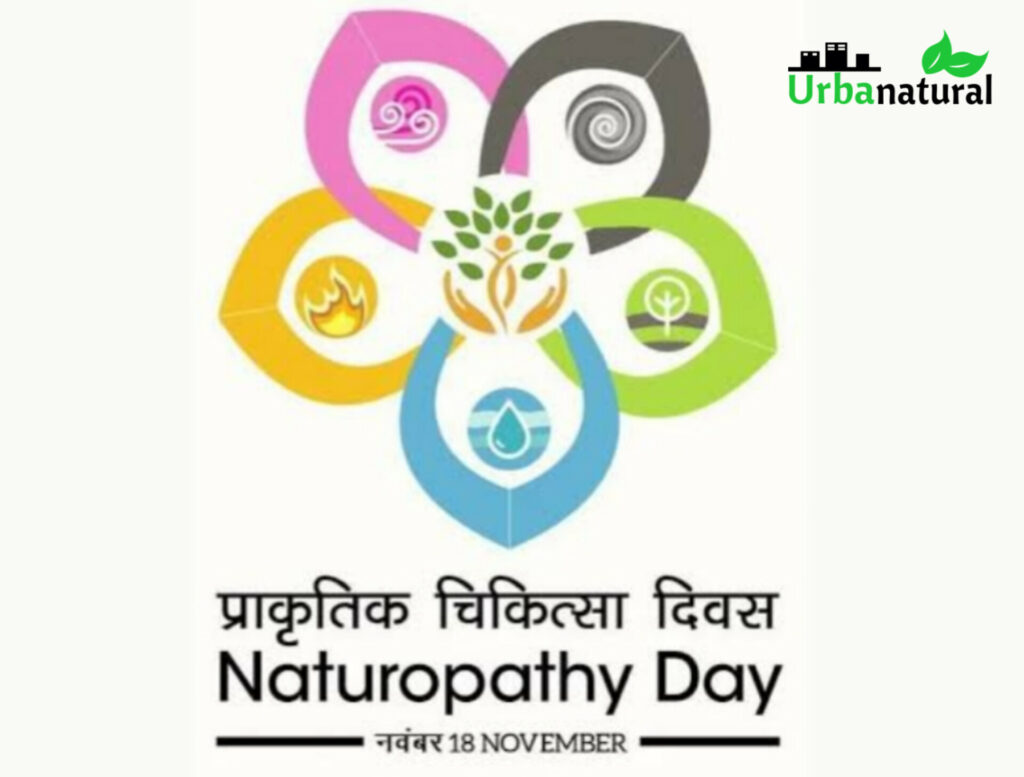Get Smart about Antibiotics
Every year, you face your share of common cold, flu, and sore throats. When you check with your doctor, do you automatically ask for a prescription for antibiotics? Or is it the other way round? Your doctor reaches for the prescription pad to give you an antibiotic always?
However, this isn’t the best solution always. While there’s no denying the fact that antibiotics are potent pills and have saved many lives over the years, did you know that over-prescription leads to other deadly problems?
Before, we address the issue of when to take antibiotics and when to stay away from them, let’s take a quick look at,
The Ugly Underbelly of Antibiotics
When developed in the 1940s, antibiotics were considered as one of the significant achievements of modern medicine. However, over-prescription of these has led to the “Development of Resistant Bacteria.” A strain of bacteria that don’t respond to medications that were effective in the past. Additionally, antibiotics can lead to harmful side effects like diarrhoea, an upset stomach or even allergic reactions.
As a result of overuse of antibiotics, we have developed bacteria that are resistant to all existing antibiotics. These deadly bacteria cause infections that are harder to treat and costlier to cure.
Bacteria are becoming more and more resistant. Infections like sinus, ear, tuberculosis, pneumonia, and skin infections, which were once easier to treat, are now becoming deadlier and harder to manage.
Here are a few compelling reasons to Say “NO” to Antibiotics
- Even the WHO is against it
WHO has stated that resistant bacteria is a global health crisis and the CDC (Centre for Disease Control and Prevention) is of the opinion that it’s time that we put an end to the Era of Antibiotics.
- Antibiotics may increase your chances of contracting a resistant infection
All bacteria aren’t harmful. In fact, millions of harmless bacteria are present on our skin and digestive tracts. When you pop an antibiotic, you don’t just kill harmful bacteria but also wipe out the friendly, harmless strains.
But, it doesn’t kill all the bacteria. The surviving ones come back stronger and multiply faster than before, leading to a deadlier infection.
- Harmful side effects
Did you know that thousands of people die every year due to severe diarrhoea caused by antibiotic intake? Apart from diarrhoea, the other side effects include nausea, vomiting, vaginal infections, rashes and blisters, breathing problems, IBD (Inflammatory Bowel Disease), liver damage and chronic fatigue syndrome.
- Treating Resistant Infections is Expensive
When you contract a resistant infection, you end up staying hospitalized for a longer number of days than usual. This means you have to pay higher hospital bills and take costlier drugs. And in some cases, these infections prove to be fatal.
- Antibiotics haven’t Put an End to Infections
In the last sixty years or so of antibiotic use, there hasn’t been any decline in infectious diseases. While antibiotics are helpful in treating several infections, they haven’t completely eliminated them.
How to be Antibiotic Smart?
- Ask Questions and Make Informed Decisions
If you fall sick and your physician prescribes a course of antibiotics, don’t hesitate to ask, “Hey doc, is the antibiotic really necessary?”
Doctors often prescribe antibiotics when it’s not necessary, out of fear that patients don’t feel treated without one. Make sure to mention to your doc that you don’t want to take an antibiotic unless completely necessary.
If your doctor still insists on an antibiotic course, make sure to ask for a short-term one. Finally, once you begin to feel better, consult with your GP to decide if you can stop taking it.
Alternatively, you can consult a naturopath to help you treat your infection holistically using natural methods without opting for antibiotics.
- Take Antibiotics only when you’re dealing with a Severe Bacterial Infection
For milder illnesses, especially the ones as a result of viruses, it’s better to let the infection run its course. This prevents you from developing resistant bacteria, thereby reducing the chances of you, contracting a deadlier infection.
If you’re feeling discomfort due to the illness, then try to look at natural and alternative ways to treat the symptoms.
- Don’t Reuse Antibiotics
Saving the remaining antibiotics for the “next time” or using an antibiotic prescribed for another person is a big NO. Make sure to throw out unused antibiotics after you have completed the full course as prescribed by your doctor. Never reuse them for your child or other family members.
Here are a few smart ways to Reduce your Dependence on Antibiotics
- Take a balanced diet with the essential minerals, vitamins, and other nutrients.
- Wash your hands often with soap and water. Avoid antibacterial soap and sanitizers.
- Include fermented products and other natural supplements to improve immunity and digestive health.
- Opt for natural remedies to prevent infections or reduce the severity of symptoms.
- Wash wounds and cuts with plain water and regular soap. Opt for antibiotic products only when recommended by the doctor.
Wrapping it up
To combat the spread of resistant bacteria, it’s critical that you use antibiotics only when absolutely needed and even then, it’s essential to use them correctly to avoid adverse side effects.
Handle Antibiotics with Smart Care!
Source: http://www.naturehealz.com/blog/dont-give-in-to-antibiotics-just-yet
Disclaimer: All information, data and material has been sourced from multiple authors and is for general information and educational purposes only and are not intended to replace the advice of your treating doctor.
The views and nutritional advice expressed are not intended to be a substitute for conventional medical service. If you have a severe medical condition or health concern, see your physician.





